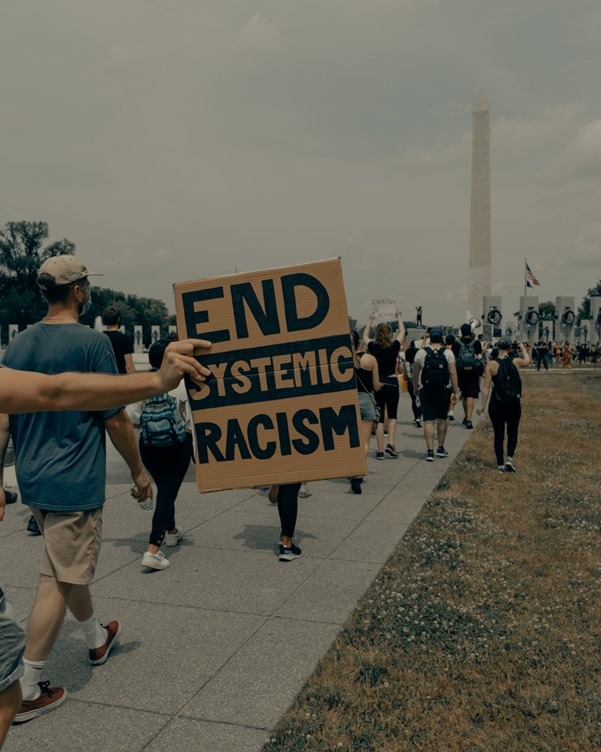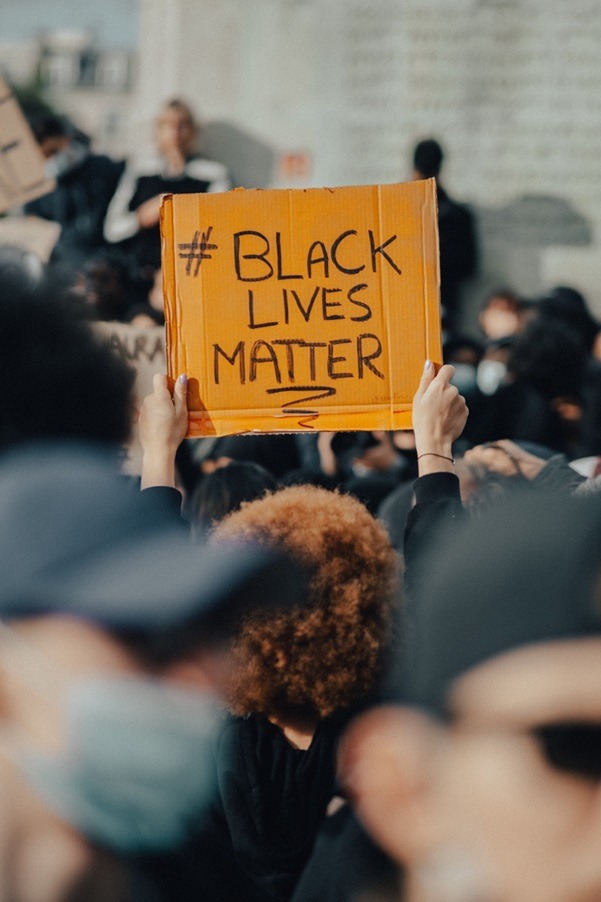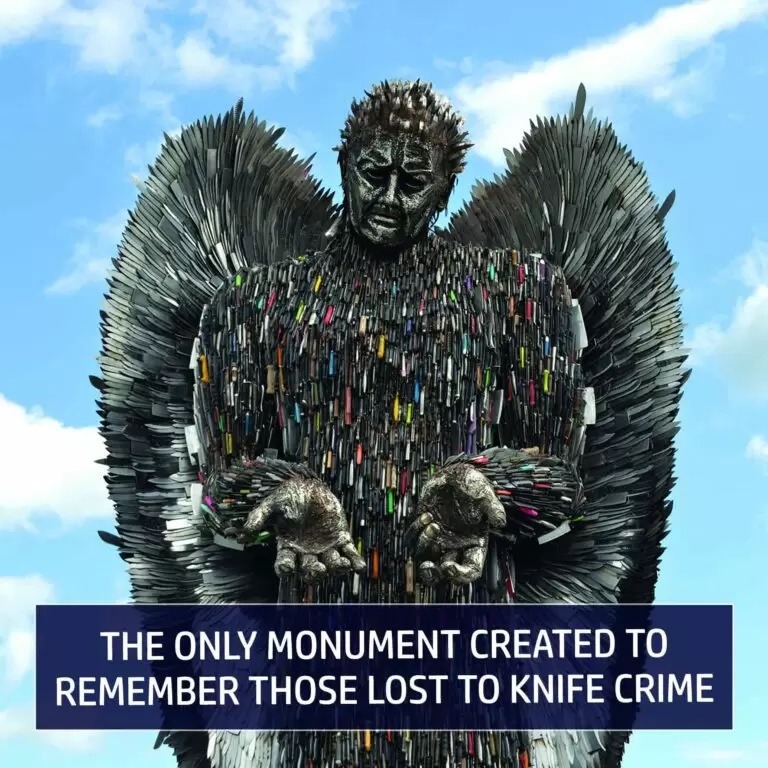Pentecost and Understanding
“The Reader” is a novel about a woman Hanna in Germany following the the 2nd World War. She is in prison for a crime during the war for which as far as we know she has been framed. She could establish her innocence by proving a sample of her handwriting, but she refuses. For she has a secret of which she is deeply ashamed and will not own up to - she cannot read.
Learning to Read
But while in prison Hanna learns to read, taught by someone who guesses her secret, who sends her audio tapes which she can listen to alongside books she can borrow. Once she can read Hanna begins to explore other books. She borrows books about other women in the war, and about the concentration camps where millions of Jews and minorities were put to death. As she reads her eyes are opened to the ghastly events she was involved in. She realises the horror of the concentration camp where she was a guard. In particular she gets to know and understand the suffering of those killed. Hanna enters into their lives. She enters into their hearts and minds because she has learnt to read. As her eyes are opened she cannot forgive herself and Hanna hangs herself.

Learning a language
This may seem a strange way to begin a sermon on Pentecost Sunday but I think it takes us to the heart of the passage. In particular, why is it that Acts 2 alone has the disciples speaking miraculously in languages they have not learnt. Other passages speak about the gift of tongues, but Paul refers to them as the language of angels; an interpreter is always needed. But here in Acts 2 the people from all over the world understand them.
Listen again to what Luke tells us:
2 . 4 All [of the disciples] were filled with the Holy Spirit and began to speak in other tongues as the Spirit enabled them. 5 Now there were staying in Jerusalem God-fearing Jews from every nation under heaven. 6 When they heard this sound, a crowd came together in bewilderment, because each one heard their own language being spoken.
7 Utterly amazed, they asked: “Aren’t all these who are speaking Galileans?
8 Then how is it that each of us hears them in our native language? Acts 2 is very much about hearing and listening. It is obvious that those who heard the disciples were able to understand the message about Jesus in their own language. But the miracle is also about the disciples entering into the world of new languages. If you learn a language you get to know the culture. Even my stumbling learning of some phrases of Tamil helps me get inside that great civilisation and culture. This miracle at Pentecost is a parable of the book of Acts and the early church. The disciples, Paul especially, would take the gospel to the world, listening to those they preached to, so that they could speak the good news in words that would be understood. Listening to people from Africa, Asia, Turkey, Greece and Rome.
Luke tells us about Pentecost partly as it sums up, is a parable of the great mission of the church ever since that time, and so that if you and me. Truly listening, truly hearing, truly understanding.

Learning the language of our souls
It was like this when Hanna learnt to read. She entered the world of those she had helped kill in Auschwitz. She could now hear their words, think their thoughts - and the horror of it all finally came home too her.
Learning to read the person next to us, learning to understand what they are really saying, is like a bridge that takes us to the person next to us, so that we truly understand them and see them as a human being. It means that we truly listen to them. Like for the last year we have listened many times to three words, and begun to truly listen to the those three words of George Floyd, “I can’t breathe”. We have begun to hear not just three awful words, but have begun to learn George Floyd’s language so we truly listen to them, begin too understand their horror, and begin to ask how can we be good news to those who “can’t breathe”.
So on this birthday of the church we learn that the church is the place where we listen, we learn to read each other, we learn the language of the world around, and we let that truth sink deeply into our souls and lives, so that like the disciples we take be the good news of Christ in the heart of our communities.
Listen, really listen, so that you can read, hear and understand the one speaking to you.
Listening and diversity
We have an amazing gift as a church. We have members from around the world, We are actually quite like the story in Acts 2.
The first group of people are broadly speaking in the East of the Roman Empire - so this is Asia; after moving to Judea and head north to Turkey, we move to the West including Africa; and we finish with Europe, Rome.
So here we are, mostly from Asia, Africa and Europe, we have a wonderful opportunity to recreate Acts 2 as we do some deep listening to one another, truly learning to read and hear what each of us are saying, learning each other’s languages.

As we do this we prepare for eternity. When we think of eternity people often think about angels and wings, or say that we don’t know very much. Actually, there is an awful lot that we do know. And one of the key things that we know is that in eternity we shall be a diverse community from all around the world who have truly learnt to speak each other's languages and to hear each other, just like here in Acts chapter 2. And this gift of learning to read each other, to speak each other’s languages, is a key gift we can offer the wider world.
True diversity, deep unity
The wider world is confused about how to handle diversity. It thinks that you refuse to listen to anyone who offends you, or you cancel their right to speak. But we embody a different way, in the assurance that if we truly learn each other's languages and truly listen we shall find a deep underlying unity because Christ unites us.
Where do we start listening? As we listen to Act 2 we discover that after they had met the needs of one another and shared their possessions, they began to address the injustices amongst them. They noticed that the widows were not getting as much support as others.
Tackling racism in our lives
As we listen to one another near this anniversary of the death of George Floyd, let us listen to the voices of those amongst us who suffer from injustice and racism. To those who go to work every day and suffer racist abuse; to those who are regularly taunted by monkey noises and the like as we go about life. Let us share these things, let us listen to these things. Let us learn the language of one another. I too am but a beginner in these things. May I and we see all learn and listen together.
Hanna hanged herself when her heart and mind were opened to the reality of what she had done.
Conviction that changes our souls
But we have good news. Jesus in John 16 tells us that if he went away he would send the Holy Spirit, the Helper to us. Jesus says that when he comes he will convict the world where we are wrong about sin, righteousness and judgment. Hanna only got half way - she realised her guilt; but she needed the Holy Spirit to also open her ears and heart to what God was saying - you are forgiven, set free, in Christ.
In the days of Jesus when someone has done something wrong their accuser would tell the elders at the city gate and they would bring the accused person and set her or him amongst them. Then not only the one injured but other witnesses would come and speak about what has happened. Eventually either the accuser or the accused would be convicted, convinced of the wrong. And to indicate this they would put their hand over their mouth. There was no more to say. They were convinced, convicted in their own souls.
Cancel Culture?
This is what Jesus says the Holy Spirit does amongst us. We listen, we learn and we are convicted. The judgement does not come from without, it does not come from cancel-culture, it does not even come from God. Christ has born our judgment on the cross. The judgment comes from within ourselves as we see it from the other’s perspective, their point of view; as we learn the language. This is the work of the Holy Spirit - whom opens our eyes, ears and hearts to truth: the truth of Jesus, the truth of our neighbour, and the truth of ourselves.
Hanna learnt the language. But she did not know the Helper, the Spirit of Christ, assuring her of eternal forgiveness and enabling her to forgive herself.
May we learn, may we listen deeply to one another, may we learn and understand each other’s language. May this be the gift of the Spirit to us this Pentecost as we open our hearts to one another. That we may offer the world the gift of reconciliation which we have learnt first hand.
Who is there here today that you don’t understand. Hunt them out afterwards, and listen.
And you will find the Spirit of Christ with you.
Amen.
Let us pray:
God of justice, In your wisdom you create all people in your image, without exception. Through your goodness, open our eyes to see the dignity, beauty, and worth of every human being. Open our minds to understand that all your children are brothers and sisters in the same human family. Open our hearts to repent of racist attitudes, behaviours, and speech which demean others. Open our ears to hear the cries of those wounded by racial discrimination, and their passionate appeals for change. Strengthen our resolve to make amends for past injustices and to right the wrongs of history. And fill us with courage that we might seek to heal wounds, build bridges, forgive and be forgiven, and establish peace and equality for all in our communities.
In Jesus’ name we pray.
Amen.
 Add Row
Add Row  Add
Add 




Write A Comment